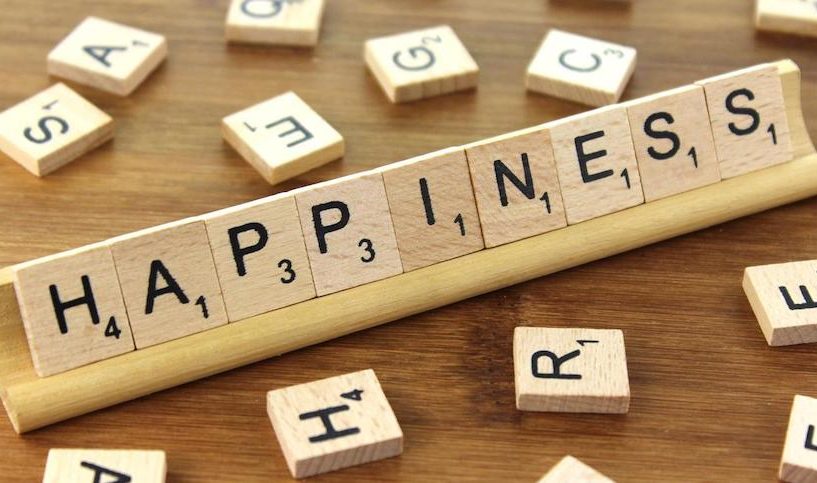There is no amount of money, power, status, achievements, or success that will guarantee happiness.
If you can find five minutes a day to keep a gratitude journal, science has proven that you can increase your overall happiness by as much as ten percent. That increase in well-being is exactly the same as doubling your income.
“What happens to us psychologically when we keep a gratitude journal is pretty amazing. It puts us in what researchers describe as a positive feedback loop—and starting one is a lot easier than you think.”*
Life is difficult, along a continuum, for everyone. There is no strata of society in any culture which does not experience major life problems that make living hard.
Clients are the “wild card” in therapy. If you decide before we begin that you are going to endure the emotional discomfort of learning a new way to think about yourself and about your circumstances, you will reclaim your life. If you decide now you’re going to live with the (metaphorical) dust and rubble of tearing down your existing internal framework and building a new and more functional one, you’ll create an internal landscape that is a place of peace and a source of strength.
This is a key component of therapy. We truly don’t ask clients to things they don’t have the capacity to do. But we do ask clients to turn inwards and self-reflect – something that most of them have done everything they can do to avoid…because it hurts. This effort to avoid acknowledging the depth or breadth of the pain they carry often drives the addiction in their lives – workaholism, volunteerism, drugs, alcoholism, gambling, perfectionism, food, and so much more.
We start small…with a gratitude journal. I ask clients to practice gratitude and many find this very difficult. Long-lived habits of focusing on what’s going/gone wrong make it difficult to think another way.
“Even if your life is a complete shambles, most likely you can begin with:
I woke up this morning.
I am presently not on fire.
I have food to eat.”*
True, right?
As mental health professionals, we hear some of the most horrific things; Experiences in people’s lives that are traumatizing and truly life altering. Thankfully, the capacity of human beings to recover themselves from the most egregious and painful experiences is truly amazing. We know from research that when life is difficult the most resilient individuals are the ones who find things every day to be grateful for…and as mental health professionals, we see the truth of this nearly every day.
Billy Manas, writing for Elephant Journal, highlights the impact of focusing on the things in life that we can be grateful for or about. Does this make the problems of life go away? Of course not. What it does do is allow the individual purposefully practicing gratitude to draw on the resilience, strength, creativity, and intuition that absolutely ever y human being possesses. Pain, hardship, trauma…these are also part of the human condition and where we focus our minds determines the resources we have to draw on for problem-solving, stamina, and vitally, emotional health.
Our internal landscape then becomes a source of strength and resilience and we can face any problem in life with confidence and hope, even those perpetual problems that may never go away. When we cultivate gratitude as a practice, we find equanimity in the face of hardship. As difficult as that might be to read this right now given your personal circumstances…it is still true.
Happiness is an inside job, entirely dependent on the quality of our thinking. Research says the quality of our thinking rises measurably when we choose to be thankful. For your own sake, try cultivating a habit of gratitude. For 30 days find at least 3 reasons every day to be thankful. Write them down. At the end of those 30 days, go back and read all the entries.
Rinse and repeat.
Dr Susannah is a leading psychologist, registered professional counsellor and Master Practitioner in Clinical Counselling based in Canada. For more information, please follow @DrSusannah on Twitter and Instagram and stay tuned for her latest updates.
*Billy Manas, edited by Catharine Monkman; Elephant Journal; www.elephantjournal.com/2018/10.











